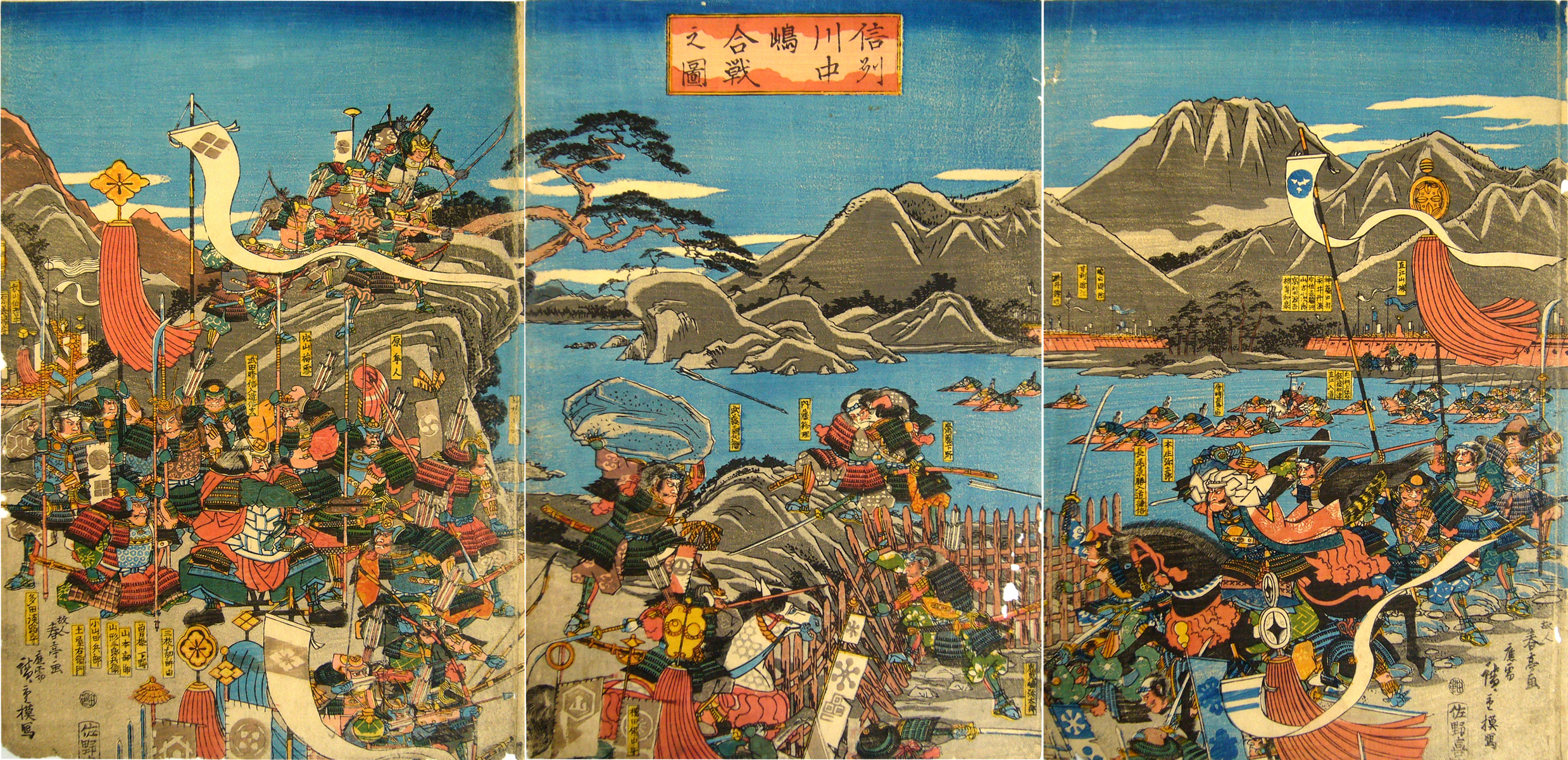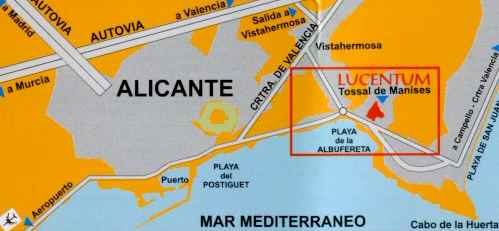|
Roman Catholic Diocese Of Orihuela–Alicante
The Diocese of Orihuela-Alicante ( la, Oriolen(sis) – Lucentin(us)) is a Roman Catholic ecclesiastical territory located in the cities of Orihuela and Alicante in the Ecclesiastical province of Valencia in Spain. It was established as Diocese of Orihuela from the Diocese of Cartagena in 1564, obtaining its current denomination in 1959."Diocese of Orihuela-Alicante" ''''. David M. Cheney. Retrieved February 29, 2016"Diocese of Orihuela–Alicante" ''GCatholic.org''. Gabr ... [...More Info...] [...Related Items...] OR: [Wikipedia] [Google] [Baidu] |
Spanish Language
Spanish ( or , Castilian) is a Romance languages, Romance language of the Indo-European language family that evolved from colloquial Latin spoken on the Iberian peninsula. Today, it is a world language, global language with more than 500 million native speakers, mainly in the Americas and Spain. Spanish is the official language of List of countries where Spanish is an official language, 20 countries. It is the world's list of languages by number of native speakers, second-most spoken native language after Mandarin Chinese; the world's list of languages by total number of speakers, fourth-most spoken language overall after English language, English, Mandarin Chinese, and Hindustani language, Hindustani (Hindi-Urdu); and the world's most widely spoken Romance languages, Romance language. The largest population of native speakers is in Mexico. Spanish is part of the Iberian Romance languages, Ibero-Romance group of languages, which evolved from several dialects of Vulgar Latin in I ... [...More Info...] [...Related Items...] OR: [Wikipedia] [Google] [Baidu] |
Cristóbal Senmanat Y Robuster
Cristóbal Robuster y Senmanat or Cristóbal Robuster y Senmanat (1524–1597) was a Roman Catholic prelate who served as Bishop of Orihuela (1587–1593). ''(in Latin)'' Biography Cristóbal Robuster y Senmanat was born in Reus, Catalonia, Spain in 1524. On 17 Aug 1587, he was appointed during the papacy of Pope Sixtus V as Bishop of Orihuela. On 25 Nov 1587, he was consecrated bishop by Giovanni Battista Castagna, Cardinal-Priest of San Marcello, with Scipione Gonzaga, Titular Patriarch of Jerusalem, and Vincenzo Casali, Bishop Emeritus of Massa Marittima, serving as co-consecrators. He served as Bishop of Orihuela until his resignation on 9 Nov 1593. He died on 19 Oct 1597 in Rome, Italy. Episcopal succession While bishop, he was the principal co-consecrator A consecrator is a bishop who ordains someone to the episcopacy. A co-consecrator is someone who assists the consecrator bishop in the act of ordaining a new bishop. The terms are used in the canon law of the C ... [...More Info...] [...Related Items...] OR: [Wikipedia] [Google] [Baidu] |
1564 Establishments In Spain
Year 1564 ( MDLXIV) was a leap year starting on Saturday (link will display the full calendar) of the Julian calendar. Events January–June * January 26 – Livonian War – Battle of Ula: A Lithuanian surprise attack results in a decisive defeat of the numerically superior Russian forces. * March 25 – Battle of Angol in Chile: Spanish Conquistador Lorenzo Bernal del Mercado defeats and kills the toqui Illangulién. * June 22 – French settlers abandon Charlesfort, the first French attempt at colonizing what is now the United States, and establish Fort Caroline in Florida. July–December * July – English merchant Anthony Jenkinson returns to London from his second expedition to the Grand Duchy of Moscow, having gained a considerable extension of trading rights for the English Muscovy Company. * September 4 – The Ronneby Bloodbath takes place in Ronneby, Denmark (now in Sweden). * September 10 – Battle of Kawanakajima ... [...More Info...] [...Related Items...] OR: [Wikipedia] [Google] [Baidu] |
Religious Organizations Established In The 1560s
Religion is usually defined as a social-cultural system of designated behaviors and practices, morals, beliefs, worldviews, texts, sanctified places, prophecies, ethics, or organizations, that generally relates humanity to supernatural, transcendental, and spiritual elements; however, there is no scholarly consensus over what precisely constitutes a religion. Different religions may or may not contain various elements ranging from the divine, sacred things, faith,Tillich, P. (1957) ''Dynamics of faith''. Harper Perennial; (p. 1). a supernatural being or supernatural beings or "some sort of ultimacy and transcendence that will provide norms and power for the rest of life". Religious practices may include rituals, sermons, commemoration or veneration (of deities or saints), sacrifices, festivals, feasts, trances, initiations, funerary services, matrimonial services, meditation, prayer, music, art, dance, public service, or other aspects of human culture. Religions have sa ... [...More Info...] [...Related Items...] OR: [Wikipedia] [Google] [Baidu] |
Roman Catholic Dioceses In Spain
Roman or Romans most often refers to: *Rome, the capital city of Italy *Ancient Rome, Roman civilization from 8th century BC to 5th century AD *Roman people, the people of ancient Rome *''Epistle to the Romans'', shortened to ''Romans'', a letter in the New Testament of the Christian Bible Roman or Romans may also refer to: Arts and entertainment Music * Romans (band), a Japanese pop group * ''Roman'' (album), by Sound Horizon, 2006 * ''Roman'' (EP), by Teen Top, 2011 *" Roman (My Dear Boy)", a 2004 single by Morning Musume Film and television *Film Roman, an American animation studio * ''Roman'' (film), a 2006 American suspense-horror film * ''Romans'' (2013 film), an Indian Malayalam comedy film * ''Romans'' (2017 film), a British drama film * ''The Romans'' (''Doctor Who''), a serial in British TV series People *Roman (given name), a given name, including a list of people and fictional characters *Roman (surname), including a list of people named Roman or Romans *Ῥωμα� ... [...More Info...] [...Related Items...] OR: [Wikipedia] [Google] [Baidu] |
Roman Catholicism In Spain
, native_name_lang = , image = Sevilla Cathedral - Southeast.jpg , imagewidth = 300px , alt = , caption = Seville Cathedral, Cathedral of Saint Mary of the See in Seville , abbreviation = , type = National polity , main_classification = Catholic Church, Catholic , orientation = Christianity , scripture = Bible , theology = Catholic theology , polity = Episcopal polity, Episcopal , governance = Episcopal Conference of Spain, CEE , structure = , leader_title = Pope , leader_name = Pope Francis, Francis , leader_title1 = Primate , leader_name1 = Francisco Cerro Chaves , leader_title2 = , leader_name2 = , fellowships_type1 = , fellowships1 = , division_type = , division = , division_type1 = , division1 = , division_type2 = , division2 ... [...More Info...] [...Related Items...] OR: [Wikipedia] [Google] [Baidu] |
Timeline Of Alicante
The following is a timeline of the history of the city of Alicante, Spain. Prior to 20th century * 718 – Moors in power. * 1240 – Valencian moor became governor (''rais'') of Laqant, until he departed to exile in 1247. * 1247 – Castle of Alacant is defended by Valencian moor al-Azraq. * 1252 – Owned by Alfonso X. * 1265 – Colonized mainly by Catalan population during an ongoing military campaign led by James I of Aragon. Catalan became traditional language in Alicante since then until nowadays. * 1296/1304 – Alicante becomes part of the Kingdom of Valencia per Treaty of Torrellas. * 1331 – Attempted siege of Alicante by Moorish forces. * 1490 – Given the status of a town by Ferdinand II. * 1662 – San Nicolás de Bari church built. * 1709 – Siege of Alicante by French forces. * 1780 – built (approximate date). * 1785 – Consulado (merchant guild) established. * 1797 – Population: 20,000. * 1822 – (governing body) established. * 1834 – Alicante ... [...More Info...] [...Related Items...] OR: [Wikipedia] [Google] [Baidu] |
History Of Alicante
The history of Alicante spans thousands of years. Alicante has been regarded as a strategic military location on the Mediterranean coast of Spain since ancient times. It is protected on the southwest by Cape Santa Pola and on the southeast by Cape Huerta. The fortified complex of Santa Bárbara Castle ( ca-valencia, Castell de Santa Bàrbara), the older parts of which were built in the 9th century, dominates the city from a height of 160 m atop Mount Benacantil, a rocky massif overlooking the sea. The first settlements in the Alicante area were made by Iberian tribes. Since then it has been inhabited successively by Phoenicians, Greeks, Romans, Goths, Moors, and Spaniards. Some of the earliest settlements were made on the slopes of Mount Benacantil, where the Santa Bárbara Castle stands today. As a part of the Roman province of Hispania under the name '"Lucentum", it was ruled by the Roman Republic and later the Roman Empire. Antiquity Phoenician trading city Phoenician trade ... [...More Info...] [...Related Items...] OR: [Wikipedia] [Google] [Baidu] |
Francisco Alvarez Martínez
Francisco is the Spanish and Portuguese form of the masculine given name ''Franciscus''. Nicknames In Spanish, people with the name Francisco are sometimes nicknamed "Paco". San Francisco de Asís was known as ''Pater Comunitatis'' (father of the community) when he founded the Franciscan order, and "Paco" is a short form of ''Pater Comunitatis''. In areas of Spain where Basque is spoken, "Patxi" is the most common nickname; in the Catalan areas, "Cesc" (short for Francesc) is often used. In Spanish Latin America and in the Philippines, people with the name Francisco are frequently called "Pancho". " Kiko" is also used as a nickname, and "Chicho" is another possibility. In Portuguese, people named Francisco are commonly nicknamed " Chico" (''shíco''). This is also a less-common nickname for Francisco in Spanish. People with the given name * Pope Francis is rendered in the Spanish and Portuguese languages as Papa Francisco * Francisco Acebal (1866–1933), Spanish writer and ... [...More Info...] [...Related Items...] OR: [Wikipedia] [Google] [Baidu] |
Victoriano Guisasola Y Rodríguez
Victoriano is both a given name and a surname. It may refer to: Surname *Angelo Victoriano (born 1968), Angolan basketball player *Edmar Victoriano (born 1975), Angolan basketball player *Lucas Victoriano (born 1977), Argentine basketball player *Ruben Victoriano, also known as Ruvik, main antagonist in The Evil Within Given name *Victoriano Castellanos (1795–1862), Honduran politician and President of Honduras * Victoriano Crémer (1906–2009), Spanish poet and journalist * Victoriano G. de Ysasi (1816–1881), Spanish wine merchant and philatelist *Victoriano Guisasola y Menéndez (1852–1920), Spanish Roman Catholic cardinal *Victoriano Huerta (1850–1916), Mexican military officer and President of Mexico *Victoriano Leguizamón (1922–2007), Paraguayan footballer and manager *Victoriano Lillo Catalán, Argentine writer *Victoriano Lorenzo (died 1903), Panamanian military officer *Victoriano Ramírez (died 1929), Mexican military officer *Victoriano Salado Álvarez (1867– ... [...More Info...] [...Related Items...] OR: [Wikipedia] [Google] [Baidu] |
José Esteve Juan
José Esteve Juan (also Giuseppe Esteve Stefano) (1550 – 2 November 1603) was a Roman Catholic prelate who served as Bishop of Orihuela (1594–1603) and Bishop of Vieste (1586–1589)."Bishop José (Giuseppe) Esteve Juan (Stefano)" ''''. David M. Cheney. Retrieved April 1, 2016 Biography José Esteve Juan was born in Valencia, Spain in 1550. On 17 March 1586, he was appointed during the papacy of[...More Info...] [...Related Items...] OR: [Wikipedia] [Google] [Baidu] |
Ori 018
Ori or ORI may refer to: People * Ori (Hebrew), a Hebrew given name, and a list of Israeli people with the name * Ori Kowarsky (born 1970), Canadian filmmaker and lawyer * Ōri Umesaka (1900–1965), Japanese photographer * Amos Ori (born 1956), Israeli physicist and professor * Györgyi Őri (born 1955), Hungarian former handball player * Israel Ori (1658–1711), a prominent figure of the Armenian national liberation movement and diplomat * Valvil Ori, a king in what is now Tamil Nadu, India around 200 AD Fictional or mythical characters * Ori – see List of dwarfs in Norse mythology * Ori (Middle-earth), a dwarf in J. R. R. Tolkien's legendarium of Middle-earth * Ori (Stargate), fictional evil beings in the ''Stargate SG-1'' television series * Ori, the titular protagonist of the ''Ori and the Blind Forest'' and ''Ori and the Will of the Wisps'' video games Acronyms * Obsessive relational intrusion * United States Office of Research Integrity, a government body * Old ... [...More Info...] [...Related Items...] OR: [Wikipedia] [Google] [Baidu] |



